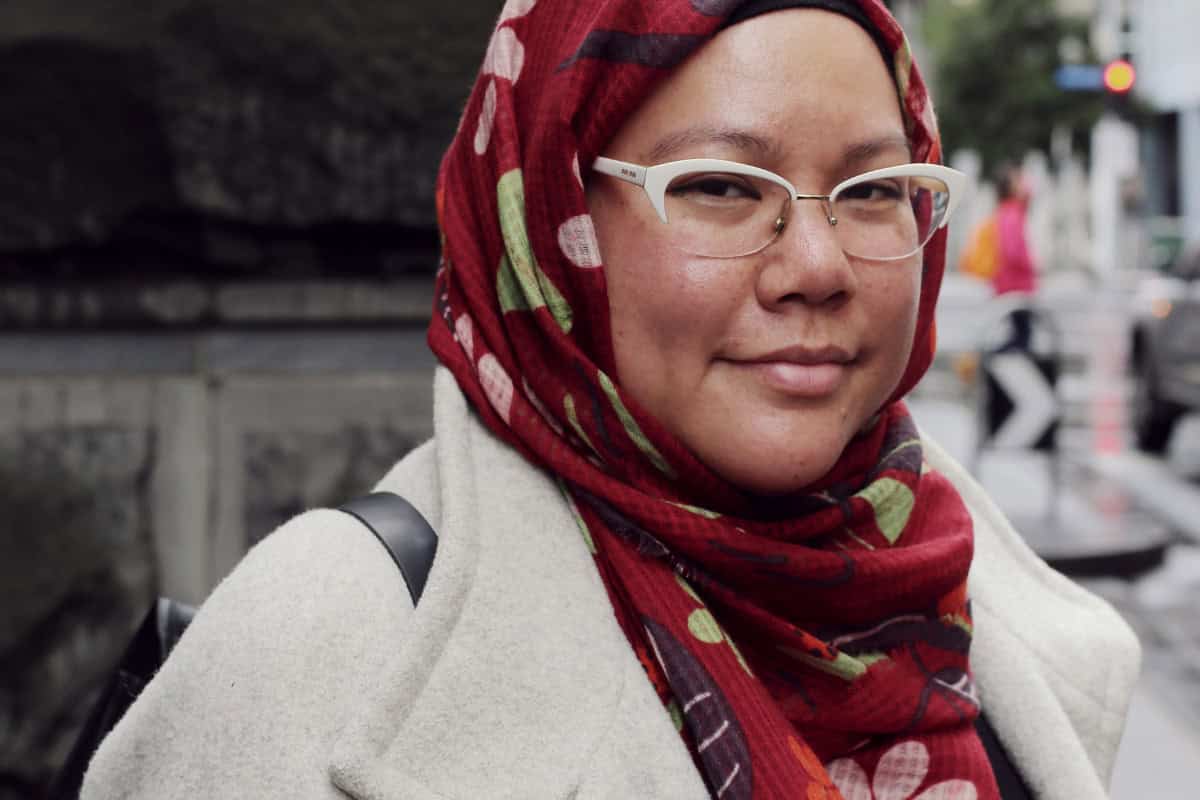
A language all of our own
Is there such a thing as Australian English? Or do Australians speak a bastardised form of British English, incorporating some choice local words and phrases? (Such as – a simile no foreigner would understand – “flat out like a lizard drinking”.)
The answer to the first question is an emphatic “yes”. Australian English is a legitimate, formally recognised variety of World English, with its own vocabulary, grammatical rules and pronunciation that distinguish it from the original British version.
This recognition of Australian English as a language in its own right was, however, a gradual process. The late 1960s saw a flurry of research on its origins and history, with two important books on its vocabulary appearing in 1966 – W S Ramson’s Australian English: An Historical Study of the Vocabulary 1788–1898 and G W Turner’s The English Language in Australia and New Zealand – along with a series of articles by J R Bernard on pronunciation.
However, it was only with the publication in 1980 of the Macquarie Dictionary that the status and maturity of Australian English was fully acknowledged. This comprehensive dictionary of the English used in Australia included both words and meanings peculiar to this country’s language and those it shares with other forms of English.
Continuing work on vocabulary gave rise to The Australian National Dictionary (1988), with quotations illustrating the history of distinctively Australian words and meanings.
The status of Australian English as an independent, geographically specific dialect – just like American English – was further cemented by the publication of Australian usage guides, such as Stephen Murray-Smith’s Right Words (1987) and Pam Peters’ Cambridge Australian English Style Guide (1995).
The linguistic mixing bowl
Linguists have established that Australian English emerged from a “mixing bowl” of different dialects which were brought to the early Sydney colony, particularly from south-east England, and also imported by Irish English speakers.
Previously, the prevailing view was that Australian English was “a kind of fossilised Cockney of the Dickensian era”, as the English novelist Anthony Burgess memorably described it.
In fact, Australians speak one of three varieties of English: Standard Australian English (the dominant dialect), Aboriginal English (in its multiple incarnations), or an “ethnocultural” English, as spoken by migrants from Greece, Italy and elsewhere. These “ethnic” versions of English have helped to shape present-day Australian English, as has Aboriginal English.
Multicultural evolutions
As Australian society has changed, becoming increasingly multicultural, so has Australian English. Research projects are capturing this shifting linguistic landscape. AusTalk is an audiovisual database of the spoken English of nearly one thousand Australians from different regions, social groups and cultural backgrounds.
While AusTalk contains a snapshot of contemporary speech, the Australian National Corpus is a growing digital repository of audio, audiovisual and written English material. In the future it will include Aboriginal and migrant languages.
The Sydney Speaks project, meanwhile, is documenting Australian English as spoken in Australia’s largest and most ethnically diverse city.
These collections will not only preserve Australia’s linguistic heritage but will assist the development of improved phone-based speech recognition systems, hearing aids, cochlear implants and computer aids for learning-impaired children.
These days, Australian English is widely accepted, including in the media and public life. It is a source of national pride, and an emblem of Australian identity. The days of TV and radio announcers with plummy English accents are long gone. Research also suggests that Australian English has not been extensively Americanised, despite claims to the contrary.



